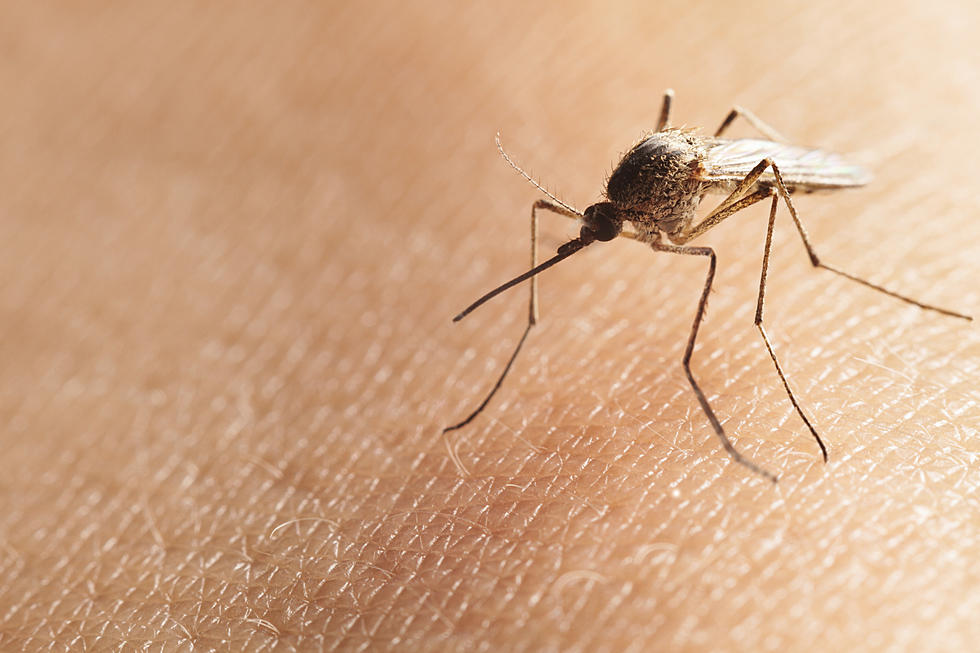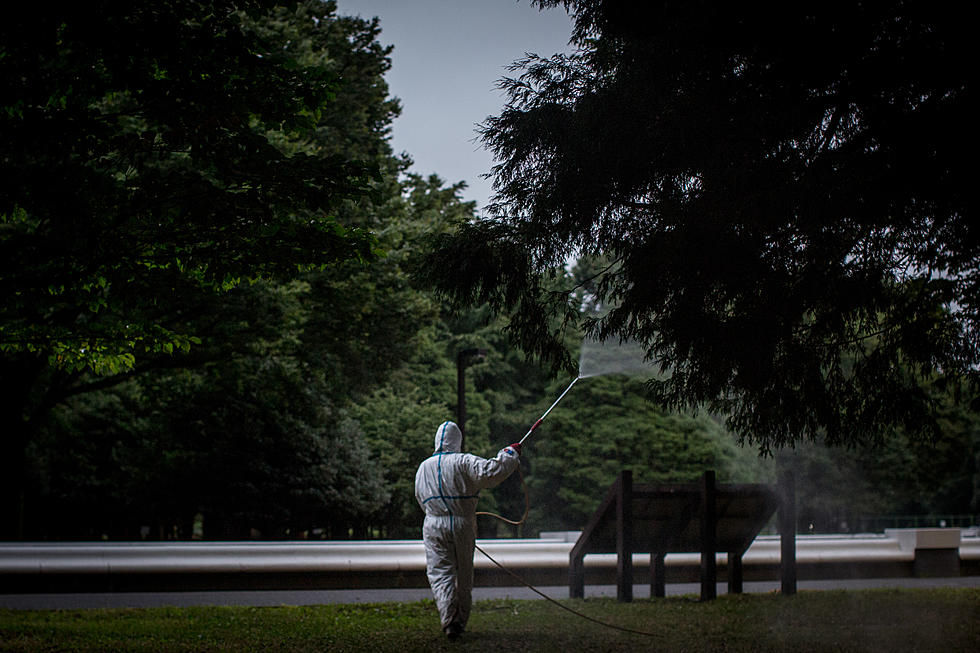
South Dakota’s First Human West Nile Infection of the Season
Mosquito season is upon us and that means it's time to be on the defend against mosquito borne illnesses. This week the South Dakota Department of Health reported South Dakota's first human case of West Nile Virus (WNV). The person ins a male in his 30's
Dr. Joshua Clayton, State Epidemiologist, said in a statement that, "“This individual was not ill but was detected through the routine screening of blood donations that takes place to make sure the blood supply is safe...It’s a clear indication that mosquito-to-human WNV transmission is taking place and people need to protect themselves.”
South Dakota has a disproportionately high number of WNV cases compared to other states. Residents are encouraged to support local mosquito control efforts and reduce their risk by doing the following:
- Apply mosquito repellents (DEET, picaridin, oil of lemon eucalyptus, para-menthane-diol, 2-undecanone or IR3535) to clothes and exposed skin.
- Reduce mosquito exposure by wearing pants and long sleeves when outdoors.
- Limit time outdoors from dusk to dawn when Culex mosquitoes, the primary carrier of WNV in South Dakota, are most active.
- Get rid of standing water that gives mosquitoes a place to breed.
- Regularly change water in bird baths, ornamental fountains and pet dishes.
- Drain water from flower pots and garden containers.
- Discard old tires, buckets, cans or other containers that can hold water.
- Clean rain gutters to allow water to flow freely.
People over 50, pregnant women, organ transplant patients, individuals with cancer, diabetes, high blood pressure or kidney disease, and those with a history of alcohol abuse are especially subseptial to WNV. People with severe or unusual headaches should see their physicians.
You can find more about West Nile here.
See Also:
More From KXRB









